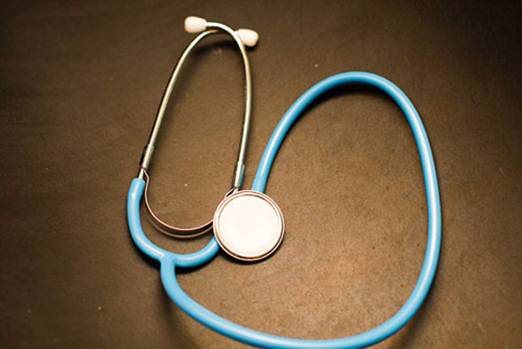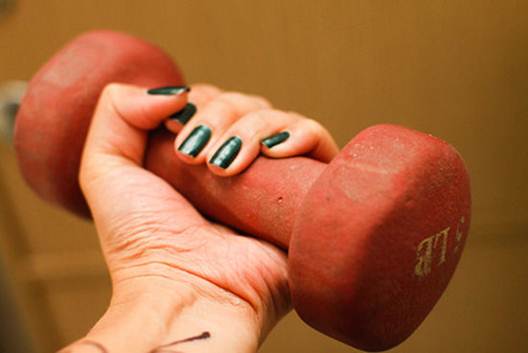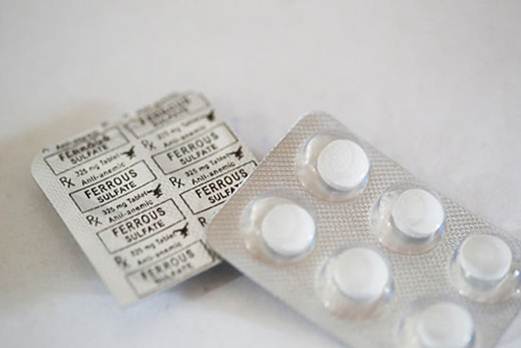Fetus’s defects are what no one wants to happen, so how to
reduce these risk?
Birth defects are extremely dangerous complications
happening in the process in which the fetus develop mother’s uterus. Most birth
defects happen within the first 3 months of pregnancy. These defects can be
detected when the baby hasn’t been born, but there’re lots of cases the defects
when the baby is born. Dangerous complications is one thing that no one want to
happen; however, the risk of having them doesn’t exclude anyone if women are
not careful or don’t have knowledge about pregnancy.
The useful instruction below will help pregnant women reduce
the risks of birth defects to the fetus and help them to give birth to adorable
and healthy children.
Plan for your pregnancy

The useful
instruction below will help pregnant women reduce the risks of birth defects to
the fetus and help them to give birth to the adorable and healthy children.
As birth defects commonly happen at the first 3 months of
pregnancy, it’s so important for you to plan your pregnancy in a perfect way.
Within 3-6 months before pregnancy, women should be vaccinated for dangerous
disease such as rubella, flu…, and have balanced, scientific diets, as well as
rejects the bad habits such as smoking, drinking…
Have a checkup

Though you’re
pregnant or about to get pregnant, having a periodic checkup is very important.
Though you’re pregnant or about to get pregnant, having a
periodic checkup is very important. If you’re planned to get pregnant, you and
your husband must have a checkup to have doctor’s instructions on how to eat
and well as the suitable lifestyle for early conception. Taking supplements
before getting pregnant such as folic acid is extremely important and helps to
reduce birth defects to the fetus.
Healthy, reasonable diet

Women shouldn’t
eat and drink too much. They should divide their meal into small ones during
the day and eat scientifically.
A portion of pregnant women or those who’re planned to get
pregnant need to have enough 4 groups of basic foods which is carbohydrate (cereal,
rice, oat…); vegetables (especially dark green leafy vegetables); fruits (don’t
use bottled juice); milk and dairy products; protein (meat, fish) and oil (from
fish or seeds).
Women shouldn’t eat and drink too much. They should divide
their meal into small ones during the day and eat scientifically.
Rejects bad habits

Mothers who smoke,
drink antibiotics and alcohol will make the fetus have high risk of having
birth defects.
Mothers who smoke, drink antibiotics and alcohol will make
the fetus have high risk of having birth defects. Therefore, when planning to
get pregnant and during the pregnancy, women should reject these bad habits.
Do exercise regularly

Doing exercise is
always recommended for pregnant women as it brings back lots of benefits
Doing exercise is always recommended for pregnant women as
it brings back lots of benefits such as making the pregnant women healthy, easy
to give birth, and quickly take back their shape. Suitable exercises for
pregnant women are walking, jogging, swimming or yoga.
Take a rest

To fall asleep
more easily, you should lie on the soft mattress and buy the soft pillows for
yourself.
Fatigue is a very common symptom to pregnant women. How to
improve this? The best way for women to reduce fatigue is resting more. Women
should spend enough 8 hours/day to sleep. You should take use of your 30-minute
break in the afternoon for resting in order to feel most comfortable.
To fall asleep more easily, you should lie on the soft
mattress and buy the soft pillows for yourself.
Supplement folic acid and iron

400 mg of folic
acid each day will help to reduce the risk of congenital malformations in the brain and spinal
cord of the fetus.
400 mg of folic acid each day will help to reduce the risk
of congenital malformations in the brain and spinal cord of the fetus. Pregnant
women should also supplement about 30mg more of iron each day to reduce
the risk of anaemia. To be safe, women should consult the doctors who directly
give them a prenatal checkup.
Drink lots of water

The obstetricians
always advise that pregnant women should drink enough 6-8 glasses of water/day
The obstetricians always advise that pregnant women should
drink enough 6-8 glasses of water/day including boiled and filtered water,
juices, milk. The symptom of dehydration is that your urine will have dark
yellow color. Drinking enough water during pregnancy will help your body to
maintain the increase in blood volume.
Don’t be stressed

During pregnancy,
women should avoid job causing pressure and stress to them
During pregnancy, women should avoid job causing pressure
and stress to them. Stress will unintentionally have bad effects on the development
of the fetus. Women should avoid sorrowful places such as funeral, hospital or
visiting the sick. Put the safety of the fetus on top as it’s your priority.